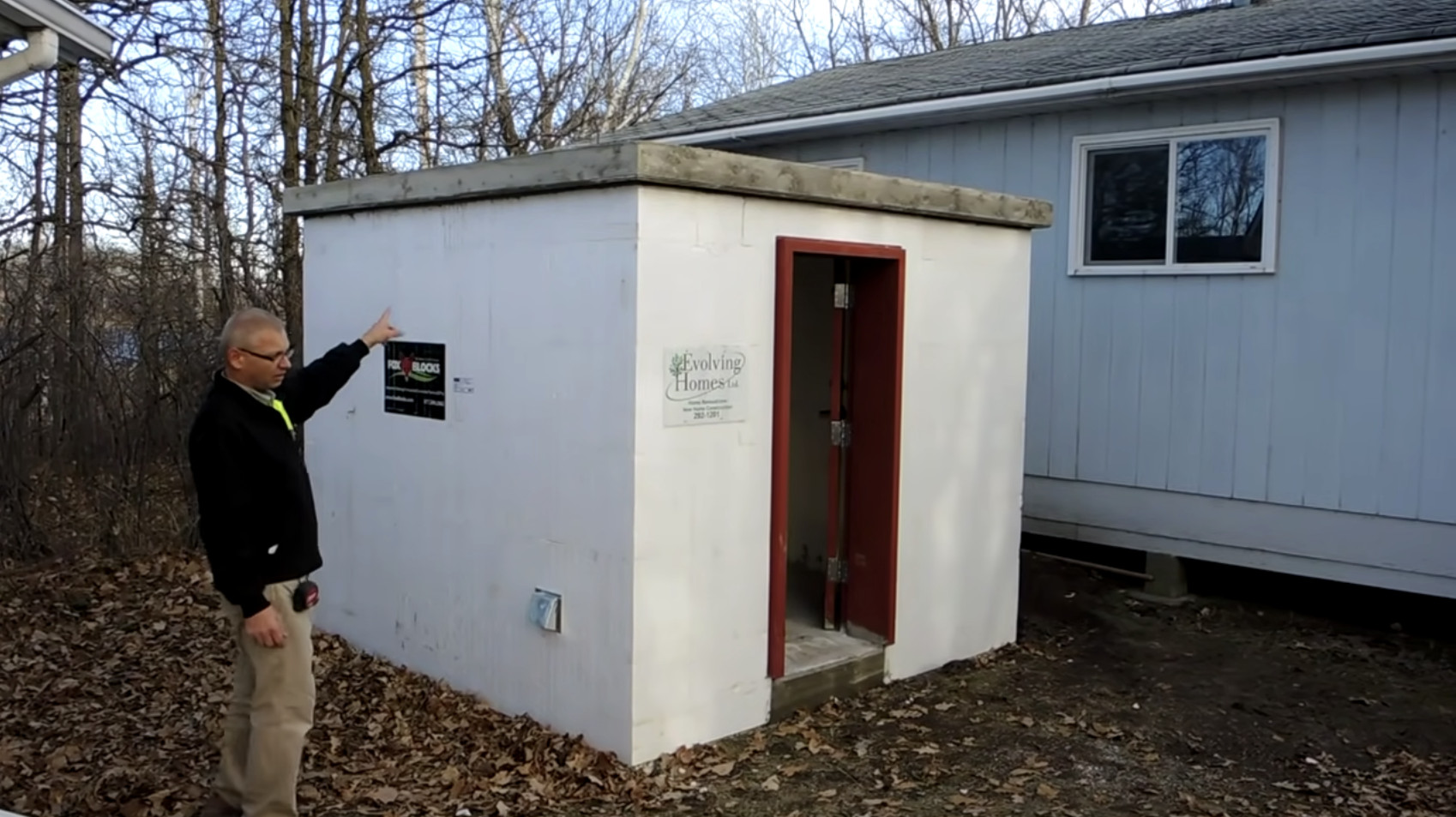
ICF Storm Shelters: Superior Protection Against Severe Weather
As extreme weather events increase in frequency and intensity, the demand for reliable storm protection has never been more urgent. Insulated Concrete Forms (ICFs) offer an advanced solution for constructing storm rooms that deliver unparalleled safety, durability, and energy efficiency.

ICF Houses Still Standing After Storms

Top Tips for Building a FEMA Approved Storm Shelters
Build to Resist Tornadoes: Storm Safe ICF Structures
Research by Texas Tech Wind Science and Engineering Research Center has demonstrated that ICF walls better protect occupants of houses from windblown debris, than frame walls. Being hit by windblown debris is the most common cause of injury during tornadoes.

Designing for Disaster Protection and Storm-Proof Homes
Exterior wind damage is responsible for 25% of all homeowner insurance claims. That doesn’t include the interior losses that occur when damaged windows and roofs let rain wreak havoc inside. While we can’t prevent windstorms, we can lessen their damage by planning home designs with wind-resistance as a top priority.
Fox Blocks and Menards Promote Storm Safe Homes
Our insulated concrete forms are solid monolithic walls and withstand the worst of rainstorms, fires, and high winds — including tornadoes.

Understanding ICC 500 Storm Shelter Requirements and the Best Materials to Utilize

Tips for Building a Storm-Resistant Home in Oklahoma

The Challenges of Building a Net Zero, Storm-Resistant Home
Building a home that stands up to severe weather and flooding is one thing. Designing a net zero energy custom home that your clients will love is another.

Florida ICF Homes are Energy-Efficient, Storm-Proof, and Durable